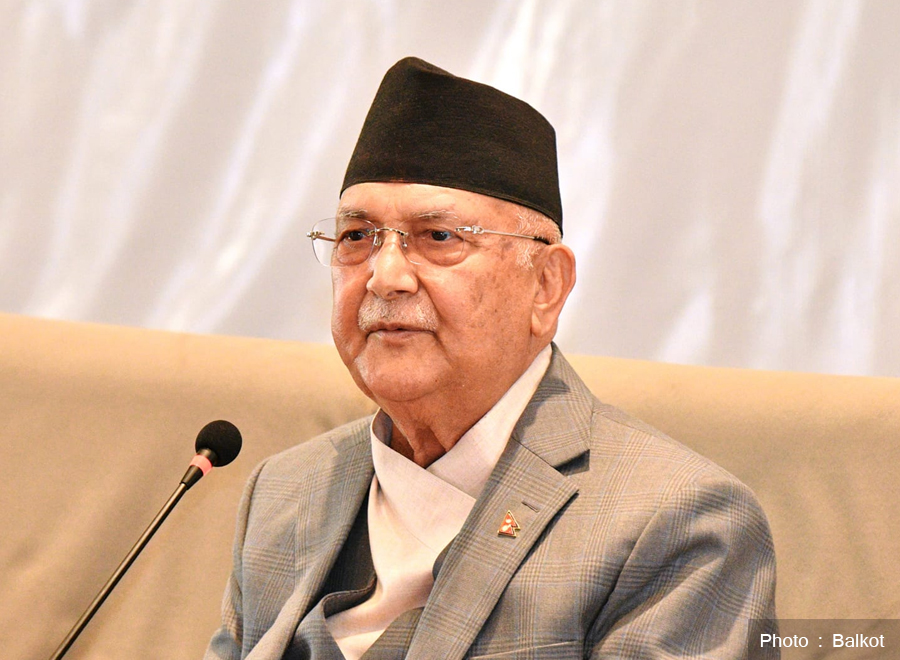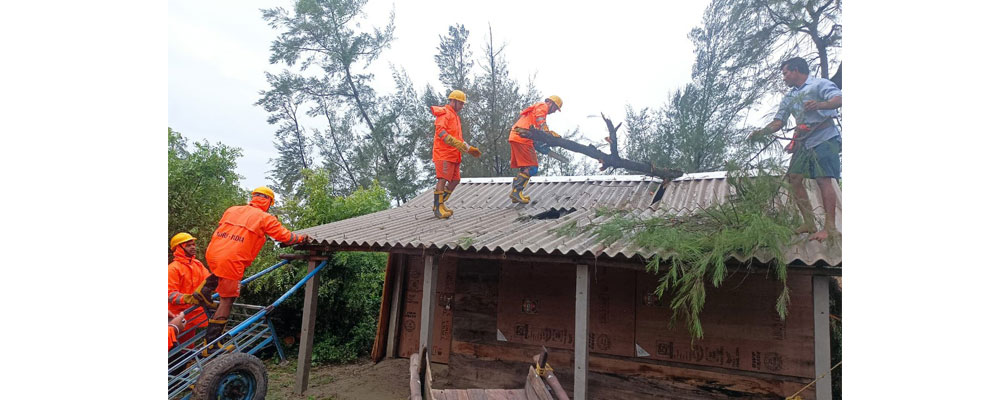UN Report Exposes Forced Engagement in Online Criminality in Southeast Asia

Geneva – A new report published by the UN Human Rights Office sheds light on a disturbing trend in Southeast Asia, where criminal syndicates are forcibly enlisting hundreds of thousands of individuals into various forms of online criminal activities. From romance-investment scams and cryptocurrency fraud to illegal gambling, victims are subjected to a wide array of human rights violations and abuses.
The report reveals a harrowing reality for those trapped in these criminal operations, highlighting that victims face threats to their safety and security. Many are subjected to torture, cruel treatment, arbitrary detention, sexual violence, and forced labor. The shocking findings emphasize that these coerced individuals are victims themselves and not the perpetrators of the crimes they are forced to commit.
UN High Commissioner for Human Rights, Volker Türk, remarked, “People who are coerced into working in these scamming operations endure inhumane treatment while being forced to carry out crimes. They are victims. They are not criminals.”
The extent of this online scam trafficking is challenging to ascertain due to its clandestine nature and limited official responses. Reliable sources indicate that in Myanmar alone, around 120,000 individuals may be trapped in situations where they are coerced into participating in online scams. Similarly, estimates in Cambodia suggest the involvement of approximately 100,000 people. Other countries in the region, including the Philippines, Thailand, and Laos, have also been identified as significant destinations or transit points for tens of thousands of individuals involved in these criminal activities.
These scam centers collectively generate billions of dollars in revenue each year.
The report underscores the significant impact of the COVID-19 pandemic on illicit activities in the region. With the closure of physical casinos due to public health measures, criminal operators shifted their operations to less regulated spaces, including conflict-affected border regions and Special Economic Zones. Furthermore, the rise in online activity during lockdowns provided fertile ground for fraudulent recruitment and online fraud schemes.
Men make up the majority of those trafficked into these online scam operations, although women and adolescents are also victimized. The victims often possess high levels of education, including graduate and post-graduate degrees, and come from a range of regions including the ASEAN countries, mainland China, Hong Kong, Taiwan, South Asia, Africa, and Latin America.
While some Southeast Asian countries have established legal and policy frameworks to counter human trafficking, these measures often fall short of international standards. Implementation gaps and inadequacies in addressing the sophisticated nature of online scams persist.
In some cases, victims are wrongly identified as criminals or immigration offenders, leading to criminal prosecution or immigration penalties rather than the protection and rehabilitation they need.
The report calls for a comprehensive approach that combines robust criminal justice responses with improved governance, rule of law, and efforts to combat corruption. UN High Commissioner Türk emphasized, “Only such a holistic approach can break the cycle of impunity and ensure protection and justice for the people who have been so horrifically abused.” As the report brings this dark reality to light, it urges affected states to take decisive actions to combat this grave violation of human rights.


















Facebook Comments